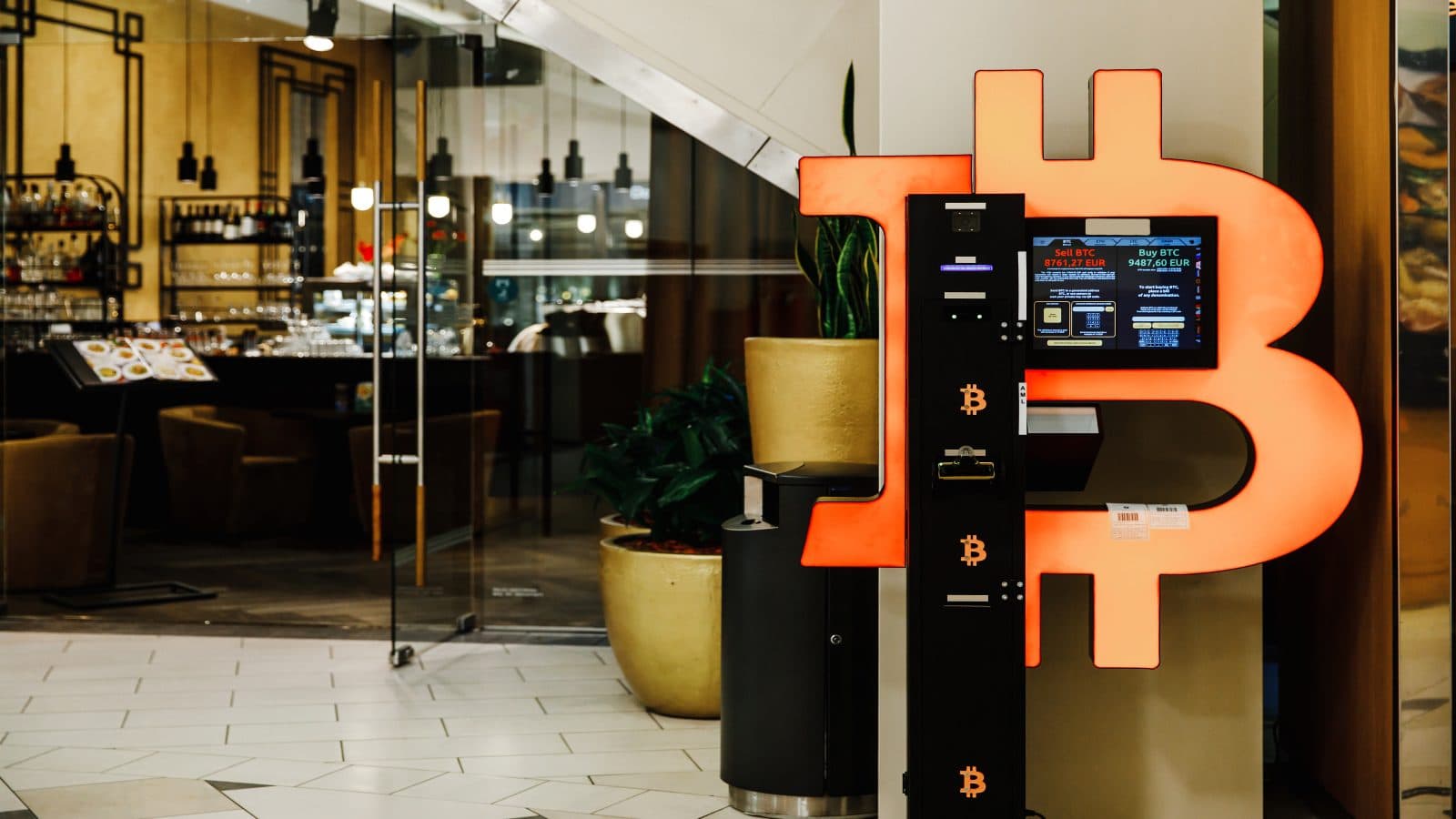Singapore to Shut Down Bitcoin ATMs Following Central Bank Guidelines
Two major ATM operators, Daenerys and Deodi, have already pulled their bitcoin machines in compliance with Monetary Authority of Singapore’s new guidelines

Bitcoin ATM inside shopping mall; Source: Shutterstock
- Crypto and bitcoin ATMs in Singapore are closing up shop following guidelines on Monday from the country’s central bank
- Two major ATM operators have already pulled their machines in compliance with the new rules
Following new Monetary Authority of Singapore (MAS) guidelines targeting crypto promotions in the country on Monday, bitcoin ATMs are shutting down as operators are being forced to comply with the new measures.
According to a report by Reuters on Tuesday, Daenerys & Co., Singapore’s largest crypto ATM operator in the city-state said it had shut down its machines following the guidelines, which it said had come as a shock.
Daenerys has now closed all five of its crypto ATMs which were placed around shopping centers. Deodi Pte, another crypto ATM operator also announced Monday it had closed its sole machine.
“Pursuant to MAS notice, we regret to inform you that we have to shut down our public bitcoin machine with immediate effect,” the Deodi announced via its website.
While Singapore has long been viewed as a hub for crypto entrepreneurship and innovation, the latest moves from the central bank indicate the city-state is attempting to clamp down on activity considered outside the remit of regulators.
“Providing in-person access to digital payment tokens (DPT) … in public areas through the use of automated teller machines is a form of promotion of DPT services to the public,” the central bank said in its guidelines on Monday.
Under existing regulations, those providing services pertaining to crypto must register for a license to operate. Out of the 180 applications MAS has received only five have been approved in principle.
Daenerys and Deodi are among those that have applied and are still waiting for a license to offer their crypto services, according to the report.
The new moves follow a parliamentary hearing earlier this month, in which the city-state’s Minister for Communications and Information, S. Iswaran, emphasized a closer focus on the impact that new technologies such as non-fungible tokens (NFTs), decentralized finance (DeFi) and the metaverse will have on citizens.
“The government will seek to balance between promoting economic vitality, preserving social stability and protecting public security in the digital domain,” the minister said.
Get the news in your inbox. Explore Blockworks newsletters:
- The Breakdown: Decoding crypto and the markets. Daily.
- 0xResearch: Alpha in your inbox. Think like an analyst.






